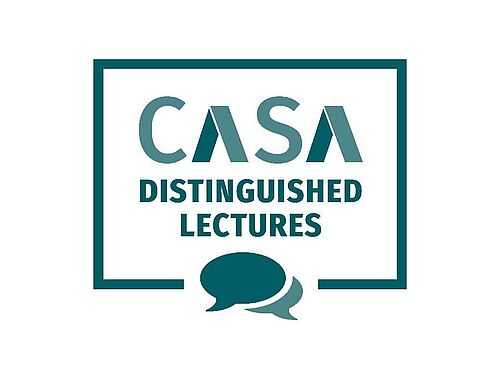Abstract. Blockchains are distributed ledgers which enable anyone to verify that transaction are performed correctly and through this allow many distrusting parties to agree on a shared state. This has many applications such as cryptocurrencies and smart contracts but also comes with important challenges. Two significant ones are a) how can we maintain privacy on a public distributed ledger that anyone should have access too and b) how can we achieve scalability when any node needs to verify every transaction. Fortunately, cryptography in the form of succinct non-interactive arguments of knowledge or ZK-SNARKs can solve both of these problems at one. A SNARK enables outsourcing a computation to an untrusted party such that the result of the computation can be correctly and efficiently verified. SNARKs can therefore be used to outsource transaction validation which highly increases the scalability of blockchains. Additionally these SNARKs can be zero-knowledge (or ZK) which means that they reveal no additional information but that the input and output to the computation. This enables showing that a transaction is valid without revealing any information about why it is valid. For instance, ZK-SNARKs can be used to hide the transaction amounts in a cryptocurrency or enable a Bitcoin bank to prove solvency without revealing additional information.
Biography. Benedikt Bünz is a researcher interested in applied cryptography, consensus and game theory, especially as it relates to cryptocurrencies. His work focuses on enhancing the privacy, usability and security of protocols blockchain protocols. Currently he is pursuing his PhD in computer science at Stanford and he is advised by Dan Boneh.
To the YouTube-Video


